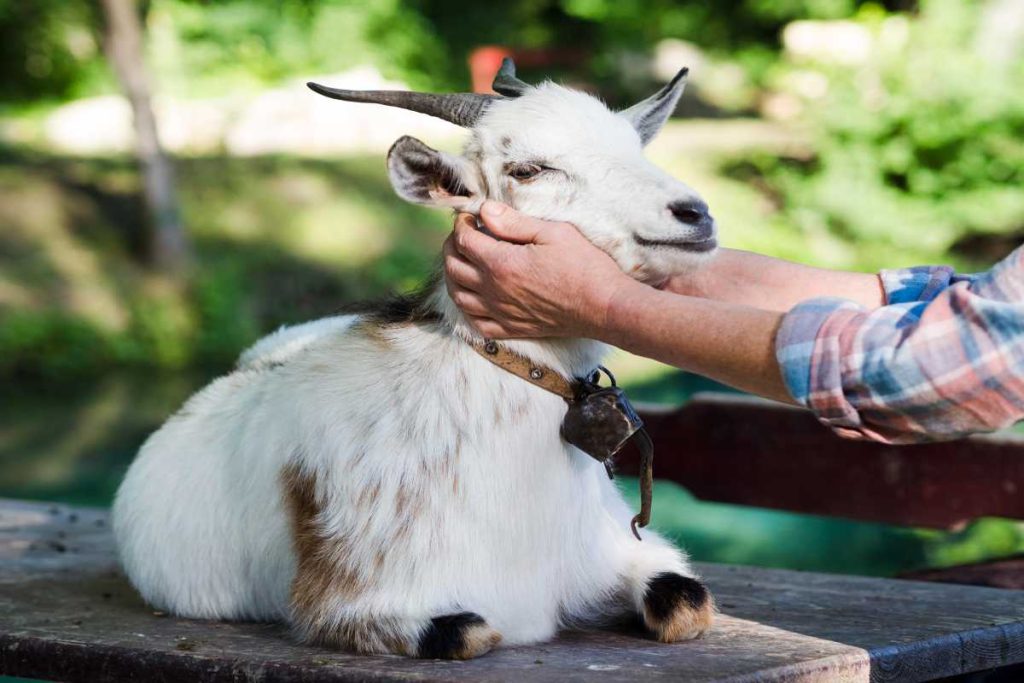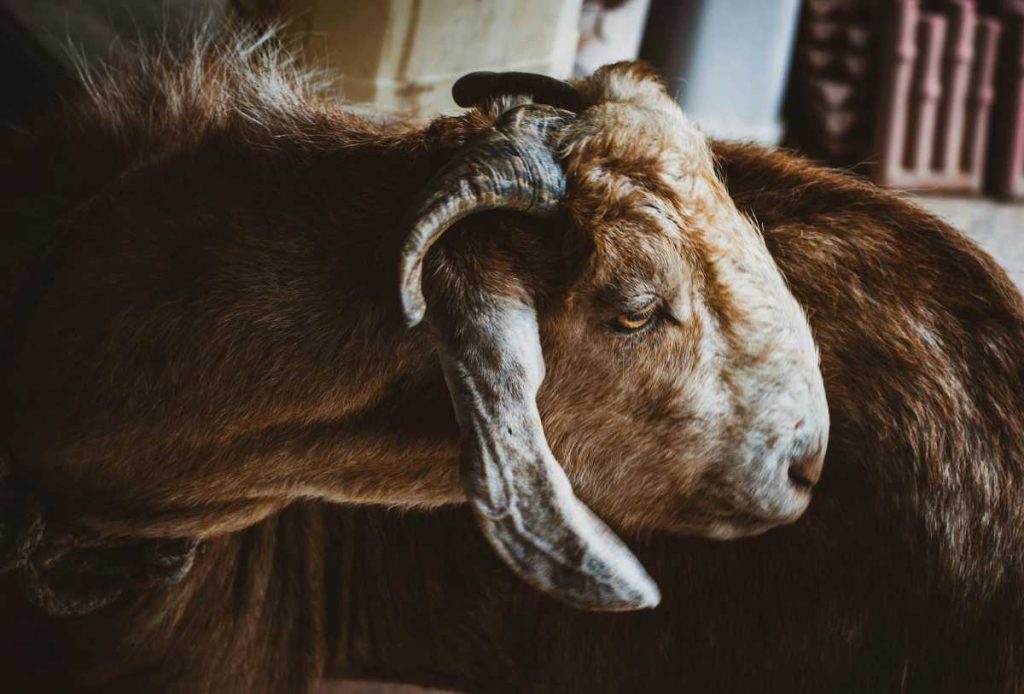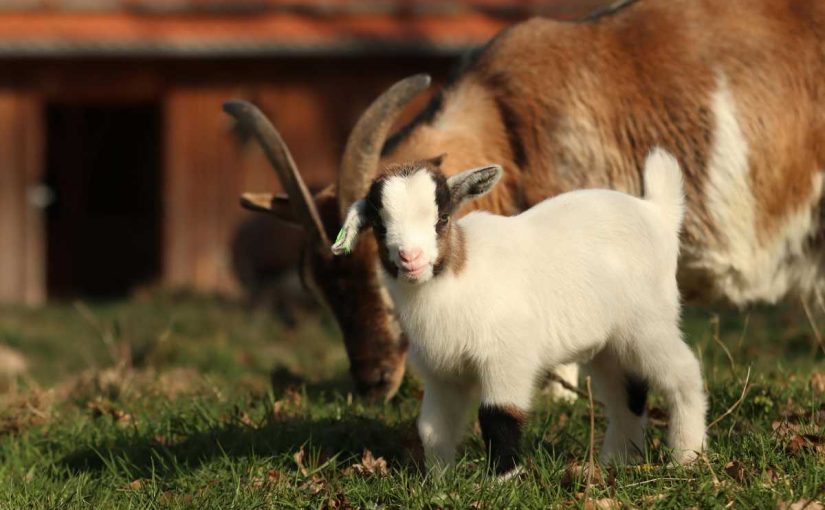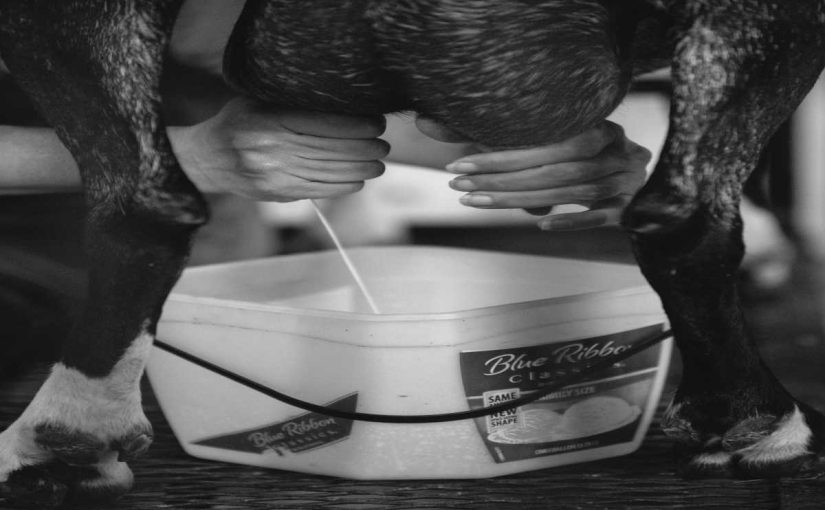Vaccination is a crucial part of maintaining the health and well-being of your goats. Just like any livestock, goats are susceptible to a variety of diseases, some of which can be fatal. Regular vaccinations help prevent illness, reduce the spread of diseases, and can even save you money on veterinary bills by keeping your herd healthy. In this blog, we’ll cover the most common vaccinations every goat owner should know about to ensure their herd stays safe and healthy.
1. CD&T Vaccine (Clostridium Perfringens Type C & D and Tetanus)
The CD&T vaccine is one of the most commonly administered vaccinations for goats. It provides protection against two deadly conditions: clostridial disease and tetanus.
Key Benefits:
- Clostridium Perfringens Type C & D: These bacteria cause enterotoxemia, a potentially fatal condition known as “overeating disease.” It occurs when goats consume too much grain or high-energy food, leading to a toxin buildup in their intestines.
- Tetanus: Tetanus is caused by a bacterial toxin and can result in muscle spasms, stiffness, and even death. It can occur when goats suffer injuries, especially from sharp objects like nails or barbed wire.
When to Vaccinate:
- Kids should receive their first dose at 6-8 weeks of age, followed by a booster shot every 4-6 weeks until they are 12 weeks old.
- Adult goats should receive an annual booster.
2. Rabies Vaccine
Rabies is a viral disease that affects the nervous system and can be transmitted through the bite of an infected animal. Though rare, rabies is fatal and highly contagious, making it a significant risk in some areas.
Key Benefits:
- Rabies vaccination helps prevent the disease, which can affect goats and be transmitted to humans.
- Rabies is primarily spread by wild animals such as raccoons, skunks, and bats.
When to Vaccinate:
- Rabies vaccination should be administered annually, starting at 12 weeks of age or older.
- This vaccine is particularly important for goats in areas where rabies is common.
3. Caseous Lymphadenitis (CL) Vaccine
Caseous Lymphadenitis (CL) is a chronic bacterial infection that affects goats, causing abscesses in lymph nodes and internal organs. While it is not always fatal, it can severely affect a goat’s health and productivity.
Key Benefits:
- The CL vaccine helps reduce the risk of infection and minimizes the spread of this disease among your herd.
- CL is contagious through direct contact with infected goats, contaminated feed, or equipment.
When to Vaccinate:
- The CL vaccine is typically administered at 4-6 months of age.
- A booster shot is usually recommended annually for goats at high risk.
4. Leptospirosis Vaccine
Leptospirosis is a bacterial infection that can affect goats and is transmitted through the urine of infected animals. It can lead to kidney damage, abortions, and other reproductive problems in goats.
Key Benefits:
- The leptospirosis vaccine protects against several strains of the bacteria, reducing the risk of kidney failure and reproductive issues.
- It also prevents the spread of the disease to other livestock or humans.
When to Vaccinate:
- Goats should be vaccinated at 2-4 weeks of age, with a booster given annually.
- In high-risk areas, such as those with standing water or areas with wildlife, the vaccination is especially important.
5. Pneumonia Vaccine
Pneumonia is a common respiratory condition in goats, especially during periods of stress, cold weather, or when they are exposed to poor ventilation or overcrowding. The pneumonia vaccine helps prevent respiratory infections caused by bacteria like Pasteurella multocida and Mannheimia haemolytica.
Key Benefits:
- Helps reduce the risk of pneumonia, which can cause fever, nasal discharge, and even death in severe cases.
- Protects against bacterial infections that can lead to pneumonia and other respiratory diseases.
When to Vaccinate:
- The pneumonia vaccine is typically administered at 3-6 weeks of age, with a booster shot given annually.
- It is especially important for young goats and those exposed to poor conditions.
6. Caprine Arthritis Encephalitis (CAE) Vaccine
Caprine Arthritis Encephalitis (CAE) is a viral disease that can affect goats, causing joint inflammation, lameness, and neurological symptoms. It is transmitted from goat to goat through colostrum and milk, but there is no specific vaccine for the disease at this time.
Prevention:
- There is currently no vaccine available for CAE, but management practices such as testing and culling infected goats can help control the spread of the virus.
- The best way to reduce the risk of CAE is by ensuring the use of clean, pasteurized colostrum for newborns and testing goats for the disease regularly.
7. Small Ruminant Pneumonia (SRP) Vaccine
Pneumonia is one of the leading causes of death in small ruminants like goats. The SRP vaccine protects against the common bacterial causes of pneumonia and helps prevent widespread outbreaks.
Key Benefits:
- Protects goats from various pathogens, including Mycoplasma species, that cause pneumonia and other respiratory illnesses.
- Reduces the incidence of pneumonia in crowded or stressed goats.
When to Vaccinate:
- Goats should receive the SRP vaccine at 4-6 weeks of age, with an annual booster shot.
- This vaccine is especially important for herds exposed to environmental stressors or poor living conditions.
Conclusion
Vaccinations are one of the most effective ways to keep your goats healthy and prevent the spread of diseases. By administering the appropriate vaccines, such as CD&T, rabies, CL, leptospirosis, and others, you ensure the long-term health of your herd. Make sure to follow the vaccination schedules recommended by your veterinarian and always keep an eye on your goats’ health. A healthy goat herd is a productive and happy one, so take the time to protect them with the right vaccinations!





